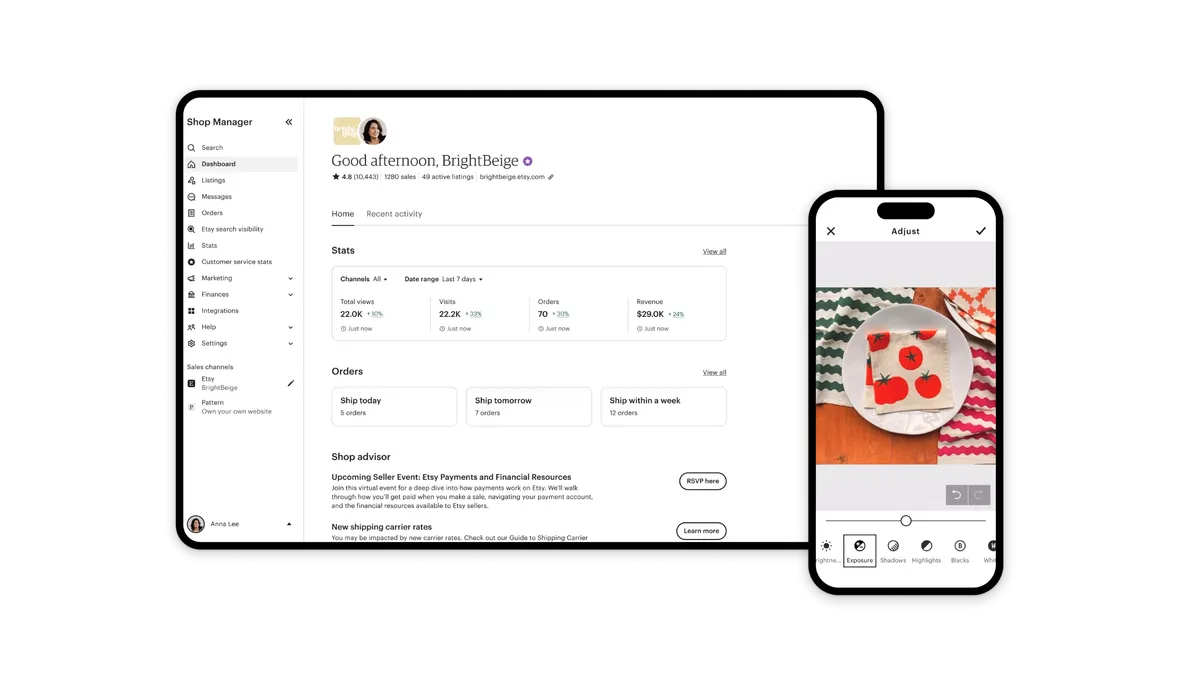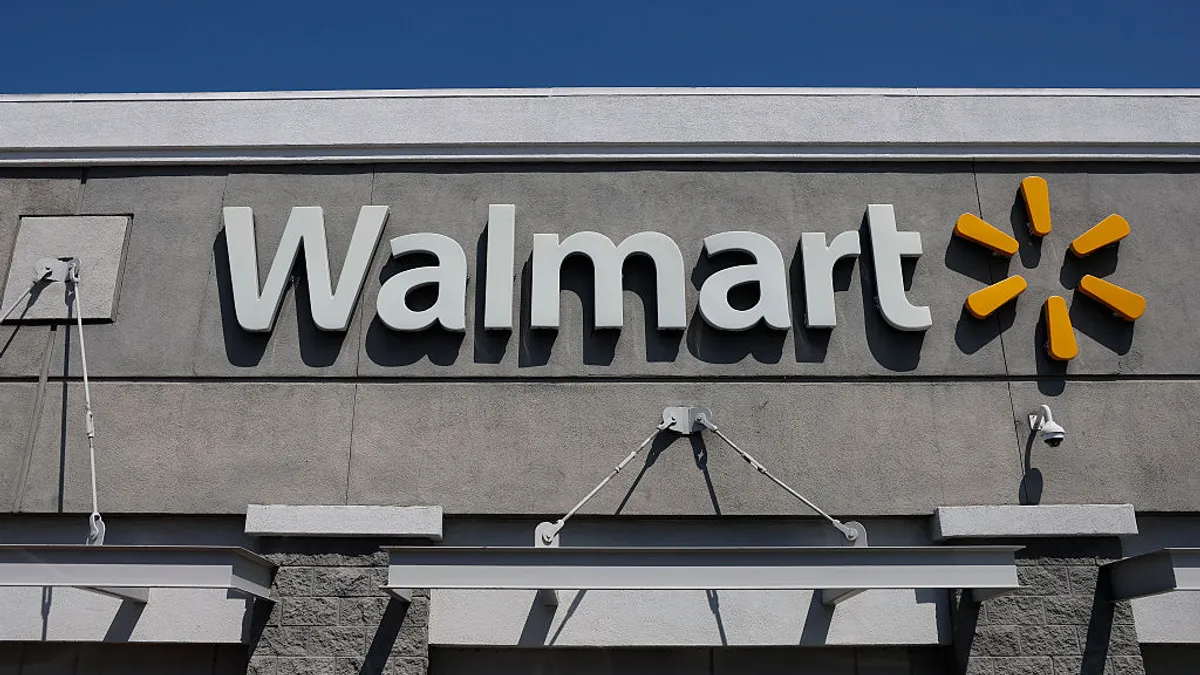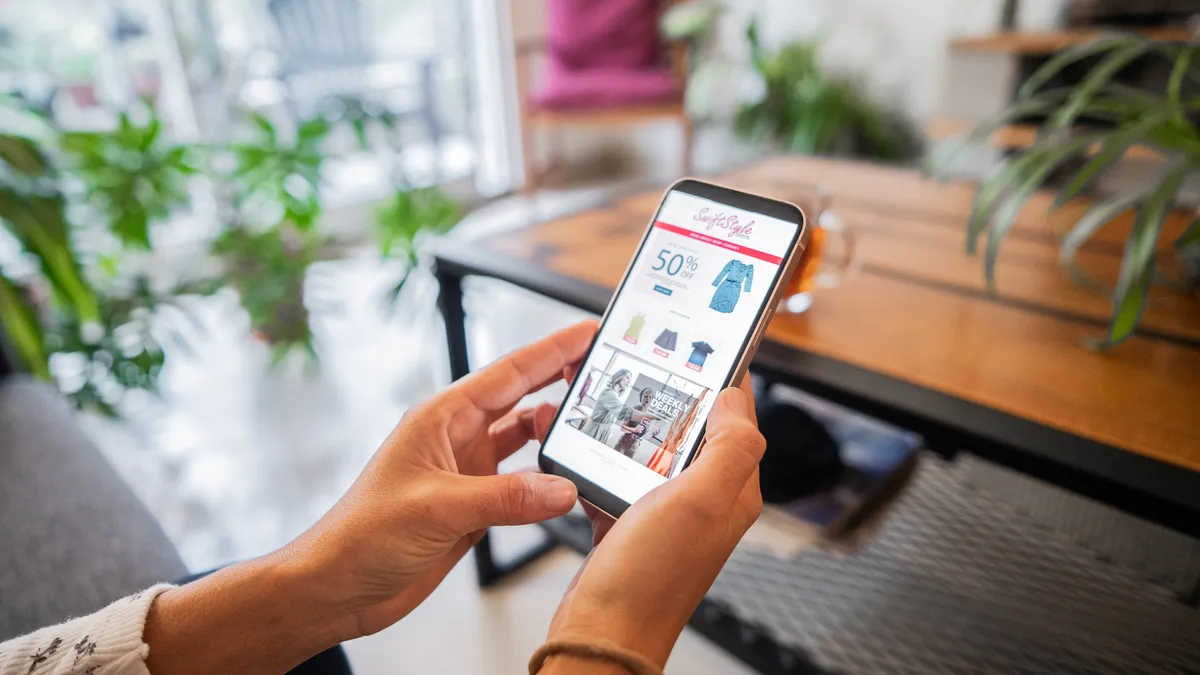Taking a cue from e-commerce rival Amazon, Wal-Mart, the world’s largest retailer, recently announced that it is set to test a subscription service that promises expedited shipping to U.S. shoppers of its e-commerce portal.
Wal-Mart’s service ShippingPass — whose name was unexpectedly leaked last week — will offer about 1 million products including everyday essentials, housewares, electronics and other items. Charging just $50 per year and shipping within three days, the service is the thriftier answer to Amazon’s Prime.
“We will have a closed beta this summer by invitation only to test an unlimited shipping program that is predictable and affordable,” Wal-Mart spokesman Ravi Jariwala told Reuters. “Customer feedback will direct how the program evolves.”
Peddling perks and products
Wal-Mart is not alone in testing such a strategy. E-commerce companies are starting to realize that free or no-hassle shipping and other member perks are attractive selling points.
In Germany, eBay will conduct trials of a program similar to Prime beginning this summer. Subscribers to eBay+ will pay €15 or €20 ($17 or $22) each year to take advantage of free, expedited shipping and other benefits such as listing discounts.
“Through this new program, sellers will have the opportunity to commit existing customers even more strongly to themselves and to gain new customers in addition,” Maike Fuest, eBay Germany’s director of communications, told The Street.
Amazon exercises primacy
No effort is likely to catch up to the overwhelming success of Amazon’s Prime, however. Membership in the service grew more than 50% last year to reach 41 million, and the company recently extended Prime offerings to include goods that are stored outside its own fulfillment centers.
Prime charges $99 for a year of perks including free two-day shipping service on more than 200 million items, as well as streaming music and video services, e-books and cloud storage. The service recently added free same-day shipping in select urban ZIP codes.
Wal-Mart isn’t promising streaming services or anywhere close to Amazon’s item variety. Nor is it as fast: The 1 million products eligible for free shipping through ShippingPass are guaranteed to arrive in three days or fewer; Prime-eligible products arrive in two.
But Wal-Mart has seen slowing growth in e-commerce and is spending up to $1.5 billion to beef up its online channels next year, including the construction of new fulfillment centers to speed deliveries. ShippingPass may be the secret to unlocking more buyer loyalty and revenues.
Guaranteed returns
Subscription fees furnish revenue that adds to the bottom line immediately and consistently. And although some buyers may never use the full worth of their subscriptions, those who do spend a lot more.
Amazon Prime members spend an average of 68% more than other customers, according to RBC Capital Markets — $538 per year compared to nonmembers’ $320. Three out of five (61%) respondents noted that they spent more at Amazon.com since becoming Prime subscribers.
But Prime members are more affluent than typical Wal-Mart shoppers. “For Amazon customers, $99 a year for Prime is not that big a cost; for the value customers of Walmart, I think even $50 is a lot,” Bob Phibbs, CEO of The Retail Doctor consultancy, told ZDNet.
Strength in shipping
Retailers offering a subscription or membership have to deliver on their promises, of course — and that can be hard to do when they have little control over warehousing and logistics, like eBay. They also have to keep the shipping costs they absorb from becoming a liability, and deliver enough value to entice customers to join.
Many retailers already offer free shipping as an incentive for shoppers to pad their carts. Target, for example, offers holders of its branded credit card free standard shipping on Target.com purchases plus a 5% discount, and requires others to ring up only a $25 minimum purchase to qualify for free ground shipping.
A few retailers offer the perk to everyone with no minimum, such as L.L. Bean, Nordstrom and Zappos. And still others are pushing in-store pickup as a way to help customers avoid shipping costs and win a little brick-and-mortar face time.
But for frequent shoppers — and those whose frequency and loyalty might just grow with the proper incentives — membership has its privileges.





















